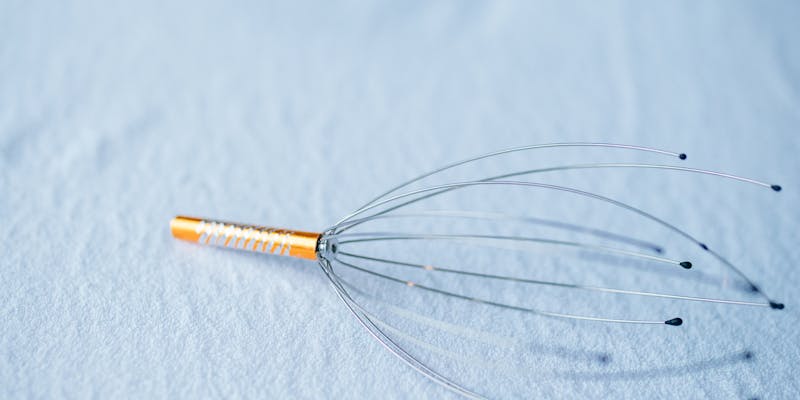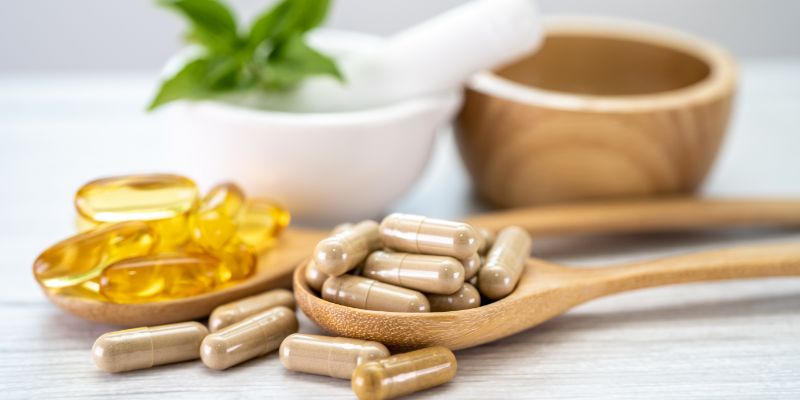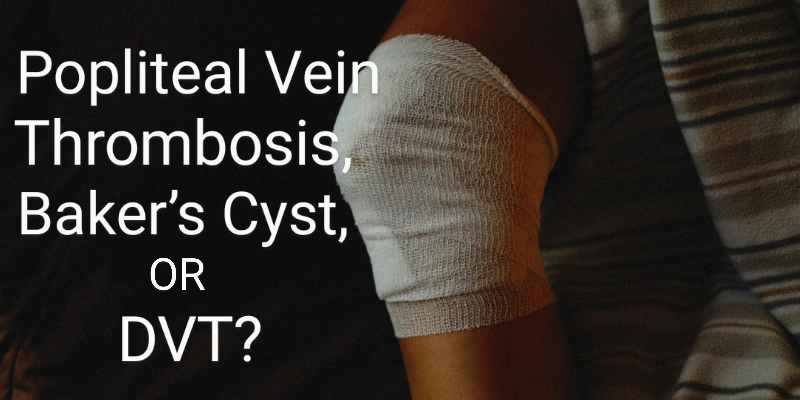Enlarged, twisted veins often visible on the legs characterize varicose veins. This is a prevalent health condition. Such veins provoke discomfort, inflict pain, and present aesthetic concerns. Exploring natural remedies becomes imperative. Various factors contribute to their development. These include genetics and age. This article delves into a discussion of five proven methods for alleviating varicose veins, with a concentrated focus on holistic approaches that provide long-term relief.
1. Aloe Vera Gel for Soothing Relief
Renowned for its anti-inflammatory and cooling properties, aloe vera gel proves valuable as a natural remedy in treating varicose veins. Its direct application to affected areas reduces swelling and relieves discomfort associated with these veins. Furthermore, the inclusion of antioxidants in aloe vera gel enhances overall skin health by providing nourishment and support. A regular application provides soothing relief and promotes a holistic approach to varicose vein management. If you are considering aloe vera, you must conduct a patch test for potential adverse reactions. It would be wise to consult with your healthcare professional before integrating aloe vera into your routine for caring for varicose veins.
Another method of utilizing aloe vera's potential benefits for varicose veins, beyond topical application, is internal consumption. Consuming aloe vera juice in moderation may enhance blood circulation and potentially enhance the effectiveness of externally applied aloe vera gel. Nevertheless, consulting with your healthcare professional before incorporating aloe vera juice into your diet is imperative.
- Consideration: While aloe vera is generally safe for topical use, it may cause allergic reactions in some individuals. It's important to perform a patch test before widespread application.
- Caution: Internal consumption of aloe vera, particularly in the form of juice, should be done cautiously. Excessive intake may lead to digestive discomfort, and individuals with certain medical conditions should consult their healthcare provider before incorporating it into their diet.
2. Exercise and its Impact on Vein Health
Not only does regular exercise provide overall health benefits, but it also crucially manages varicose veins. Walking, swimming and cycling enhance blood circulation. Thus they alleviate symptoms related to varicose veins. Furthermore, exercise strengthens the cardiovascular system and the supporting muscles of veins, a measure that reduces pressure on blood vessels. Optimal vascular function is promoted through consistent physical activity.
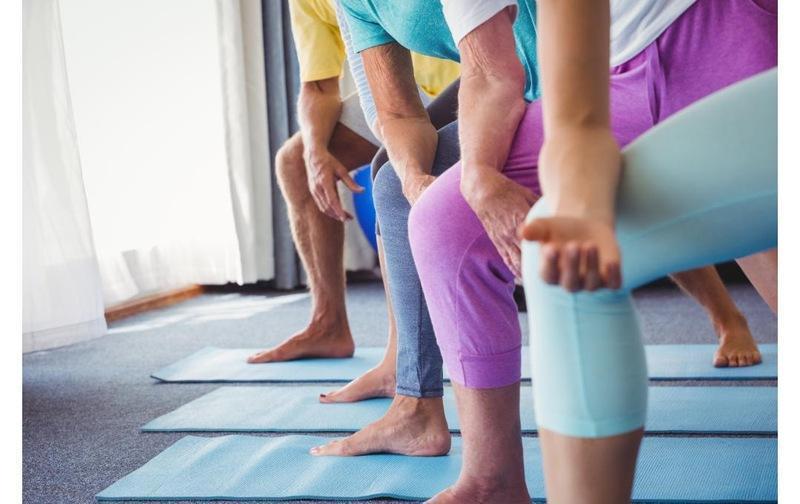
Incorporate simple leg exercises into your routine, in addition to traditional workouts. This specific targeting of the muscles surrounding veins can enhance blood circulation in the lower extremities and promote vein health. Examples include ankle circles. Leg lifts are also effective for promoting healthy veins through improved circulation as well as knee-to-chest stretches.
- Consideration: Individuals with existing health conditions or severe varicose veins should consult a healthcare professional before starting a new exercise regimen.
- Fact: Exercise not only helps manage varicose veins but also contributes to overall well-being by reducing the risk of other cardiovascular conditions.
3. Incorporating Anti-Inflammatory Foods
Managing varicose veins fundamentally requires a balanced diet abundant in anti-inflammatory foods. By incorporating fruits, vegetables, and fiber-rich food into your daily intake, you can effectively diminish inflammation and bolster vein health. Berries, leafy greens along with whole grains not only harbor antioxidants but also house essential nutrients. These elements augment the elasticity of blood vessels, contributing significantly to alleviating symptoms linked directly to varicose veins.
Incorporate omega-3 fatty acids into your diet to further enhance the anti-inflammatory effects. Excellent sources of these are fatty fish, flaxseeds, and chia seeds. They are renowned for their potent anti-inflammatory properties.
- Consideration: Limiting the intake of processed and high-sugar foods is essential, as they can contribute to inflammation and negatively impact vein health.
- Caution: While anti-inflammatory foods are beneficial, individual responses may vary. It's advisable to consult with a healthcare professional to tailor dietary recommendations to specific needs.
4. Hydration and Its Role in Vein Health
Often underestimated, proper hydration crucially maintains healthy veins by supporting blood circulation, a process that prevents vein dilation and ensuing discomfort. Furthermore, it aids in weight management. Reducing pressure on the veins is another benefit of adequate hydration. Promoting optimal vascular function and contributing to overall vein health. This is the direct result of ensuring a daily intake of at least eight glasses of water.
Incorporate herbal teas into your hydration routine, in addition to water. They offer supplementary benefits. For instance, chamomile and hibiscus, certain herbal infusions, possess anti-inflammatory properties known to potentially bolster vein health.
- Fact: Dehydration can lead to thicker blood, increasing the risk of blood clots and placing additional strain on veins.
- Consideration: Caffeinated beverages, while contributing to overall fluid intake, should be consumed in moderation, as excessive caffeine intake may have diuretic effects.
5. Mind-Body Techniques for Stress Reduction
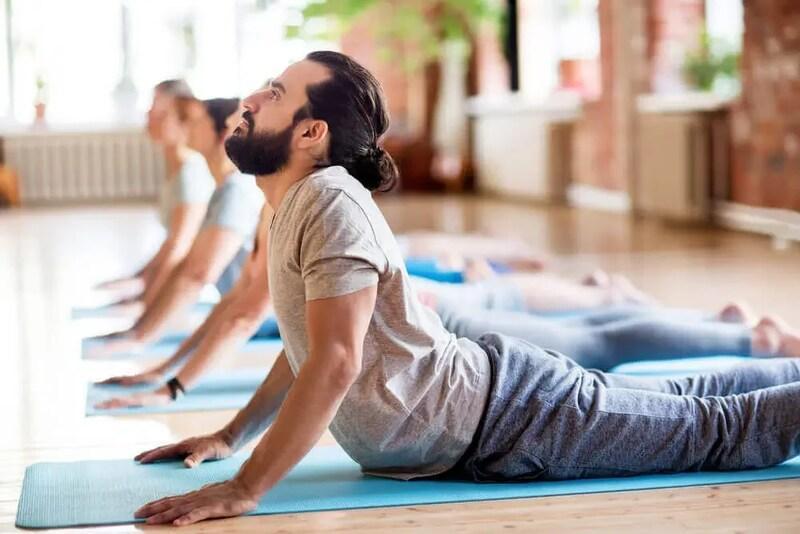
In holistic care for varicose veins, stress management proves integral. Stress can indeed exacerbate symptoms. By incorporating mind-body techniques, specifically yoga and meditation, into your routine, you will significantly reduce levels of stress. Thus, promoting overall well-being. These practices contribute not only to mental health but potentially also yield a positive impact on varicose vein symptoms. They offer a holistic approach to maintaining optimal vein health.
Exploring deep breathing exercises, as a complement to mind-body techniques, can indeed enhance stress reduction. Deep and rhythmic breaths promote relaxation, an easily incorporated routine into daily life.
- Consideration: Consistency is key when practicing mind-body techniques. Regularity in these practices maximizes their effectiveness in managing stress and its impact on vein health.
- Fact: Chronic stress can contribute to inflammation in the body, potentially worsening varicose vein symptoms.
Conclusion
To conclude, a comprehensive approach to addressing varicose veins through natural remedies is necessary. This includes lifestyle adjustments and holistic practices. The natural methods discussed above strive for three key outcomes which are improved blood circulation, symptom alleviation, and overall vein health promotion. For effective management of varicose veins, it remains crucial to consult with healthcare professionals for personalized advice. They will ensure a tailored approach specific to your needs.

